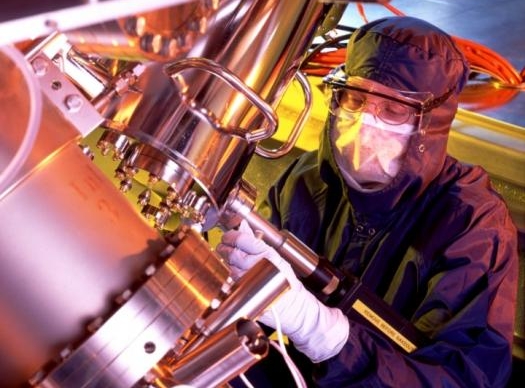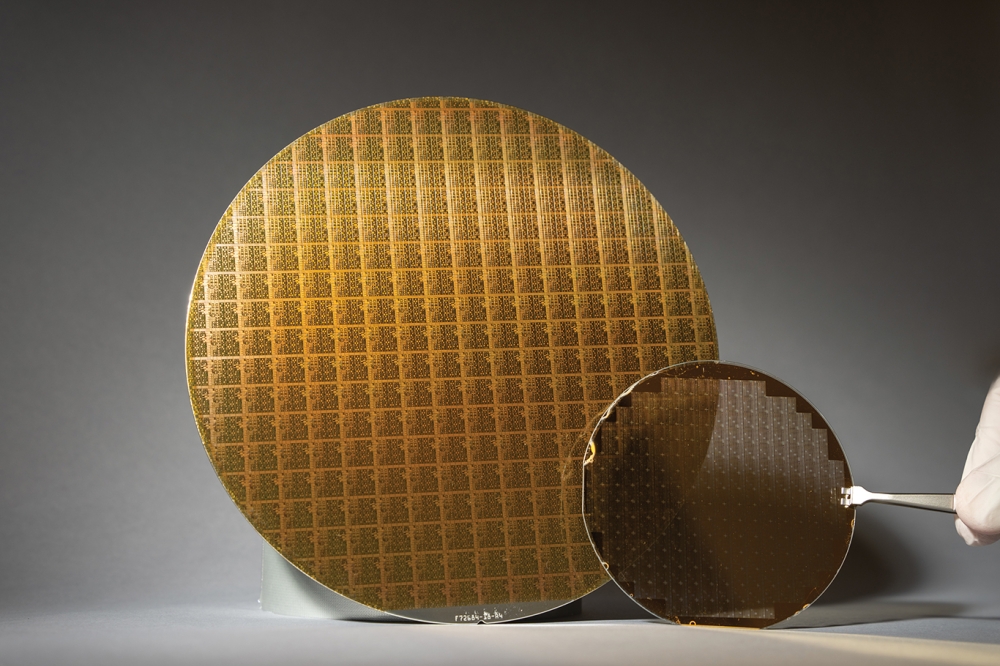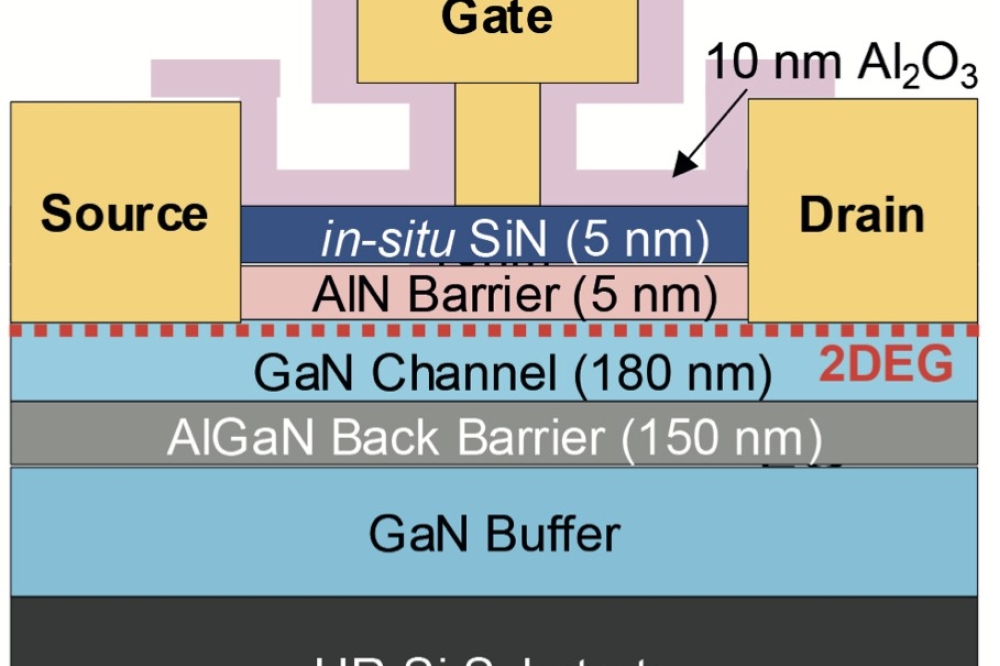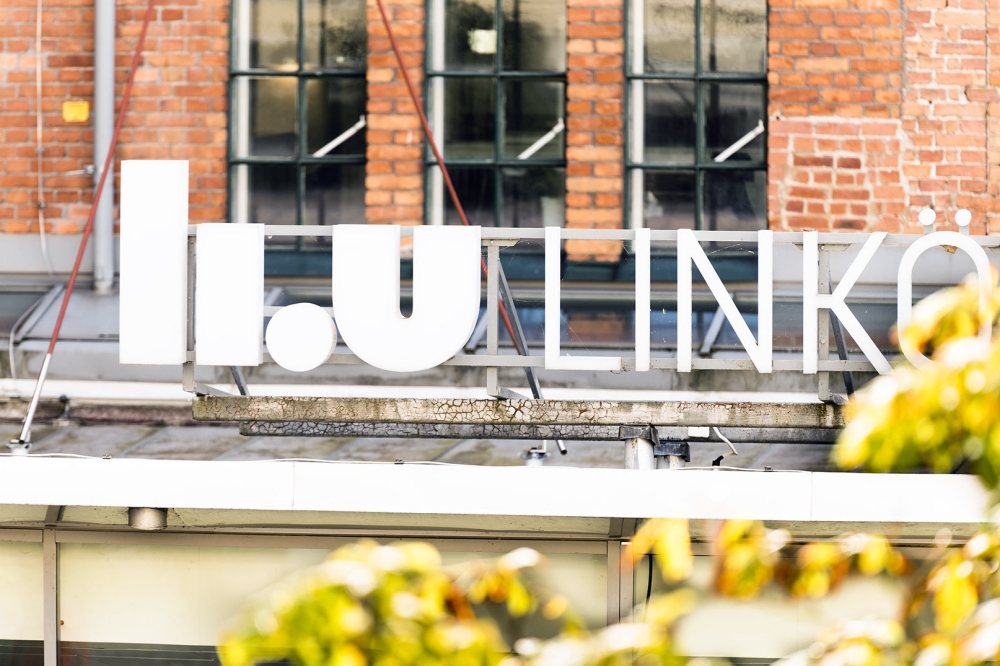Processing promise

As UK government dedicates £50 million to compound semiconductor device development, what can industry expect next, asks Compound Semiconductor.
IQE epitaxy: will more facilities for device development reach South Wales soon? [IQE]
Earlier this year, the UK Chancellor of the Exchequer, George Osborne, revealed government has set aside a hefty £50 million for a Compound Semiconductor Applications Catapult centre at a yet-to-be-confirmed location in Wales.
With annual funds of £10 million flowing from now until 2020-21, the government commitment spells good news for home-grown businesses that would benefit from a fifth semiconductor cluster in the UK, centred around compound semiconductors.
"Because of the importance of compound semiconductors, we've been working hard to persuade government to put this in place," Chris Meadows, corporate systems manager at IQE. "This endorses our vision to grow a cluster in South Wales based on compound semiconductors with supply chains coming from Wales, the UK and the rest of Europe."
Indeed, Cardiff, South Wales, has been a hive of activity for compound semiconductor development. The launch of the multimillion pound Institute of Compound Semiconductors in late 2014 was followed by the Compound Semiconductor Centre (CSC), late last year.
The former venture, set up by Cardiff University, is exploring novel growth methods and material combinations. Meanwhile, the CSC, backed by the university, IQE and Welsh government is intent on pushing compound semiconductor related research towards commercial production.
And now, the latest catapult centre is set to bring even more to the UK compound semiconductor industry. Focusing on the application of compound semiconductors, the new catapult will provide the facilities and expertise necessary for compound semiconductor device processing.
"A big part of the Catapult will be an open access facility so anyone that is designing a new product can use its services to do this, and IQE or CSC could act as a source for the epitaxy," points out Meadows.
"For device manufacturers, this is a very costly business with many barriers to entry and very expensive equipment," he adds. "So the Catapult will broker access to the necessary epitaxy tools, growth expertise and fabrication to enable custom device development."
What's more, Meadows is also hopeful that the Catapult will connect device manufacturers to end users in the aerospace industry, such as Airbus, as well as automotive manufacturers and more.
"These end users tend to just buy off-the-shelf [products]," says Meadows. "So we're trying to engage with them to understand future demands and the Catapult will be important here."
Welcome boost
In a bid to fuel economic growth across the UK, so-called Catapult centres were launched by government in 2011 to unite business and researchers and, importantly, to help start-ups market products that would otherwise prove difficult due to a lack of facilities and funding.
Indeed, up and coming short wavelength quantum cascade laser start-up, Stratium, has publicly announced its re-location from Sheffield to Cardiff, to take advantage of the new £50 million centre. And the South-West can expect more of the same.
As Meadows highlights: "George Osborne made a commitment to a compound semiconductor catapult in South Wales largely because a cluster is already starting to form here, and the catapult will encourage this."
"Start-ups, SMEs, spin-offs from universities, existing companies, investors as well as end users tend to want to be close to where products are being developed, so we would expect this to happen," he adds. "Look at Imec and the Fraunhofer research institutes; these organisations act as magnets and once a region is known for a technology, more and more organisations are attracted."
So what can the compound semiconductor industry expect now? Right now only two facts are clear; £50 million funds are in place, and the centre will be based in Wales.
Specific location and founding members are yet to be confirmed. But as Meadows highlights Innovate UK, the government body set up to support fledgling businesses, is currently collaborating with industry to establish the best location and required facilities.
"We're seeing a lot of encouraging signs and Innovate UK has already been approached by quite a few interested representatives from the compound semiconductor industry," he says. "We've been told this catapult has generated a lot of early stage interest which seems encouraging and unprecedented."
And Meadows is confident that the next few years will bring growth to the region.
"Cardiff University carried an impact study which reported that over the next five years, and certainly now with the catapult and semiconductor cluster, around 5000 jobs could be created [from this industry]," he says. "This is small compared to the semiconductor clusters in Europe, and of course Silicon Valley, but is still pretty significant."


































